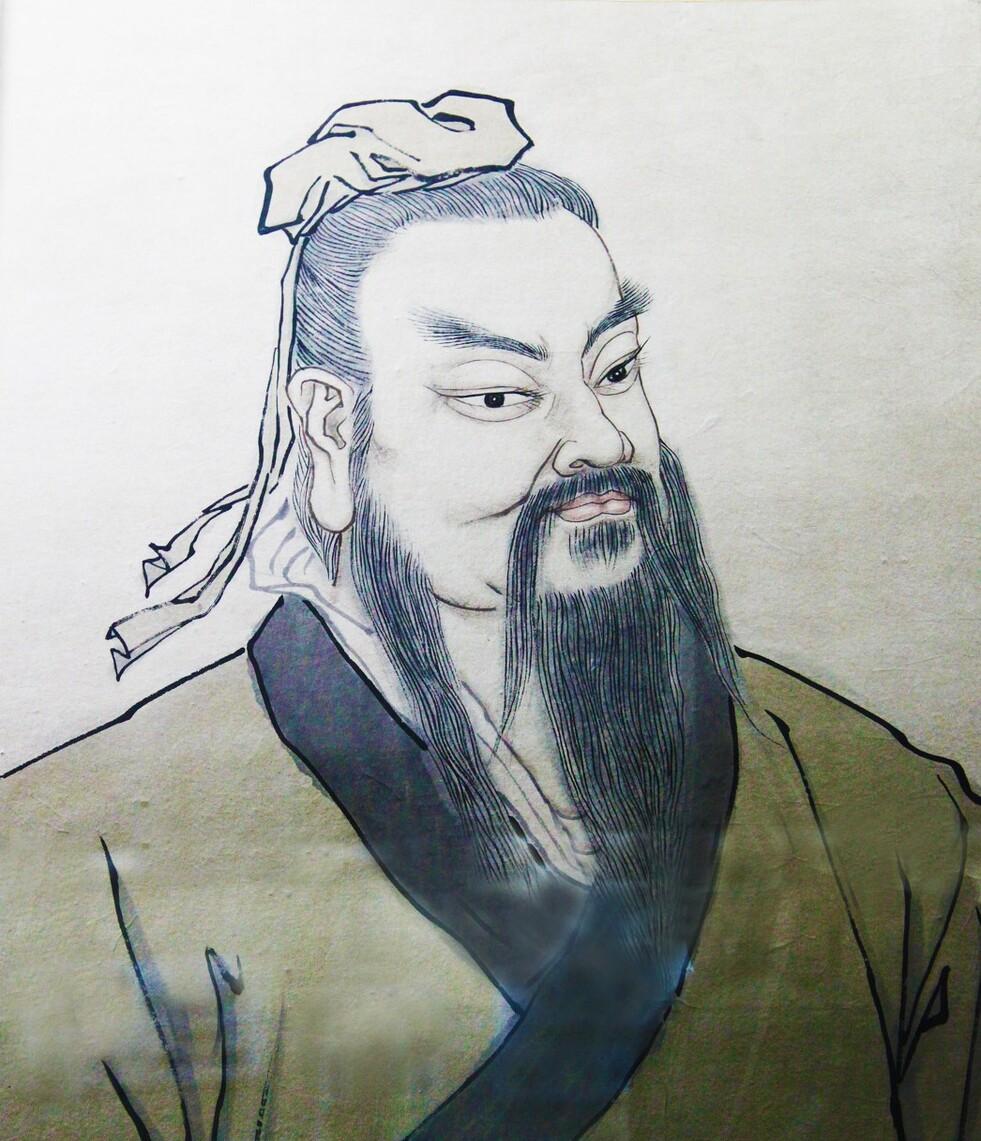
grandson
Since the advent of the Art of War of Sun Tzu, there have been too many works interpreting the Art of War of Sun Tzu, but eleven of them are recognized by later generations as the "Eleven Notes on Sun Tzu", which was written in the Song Dynasty.
Most of the eleven commentators on Sun Tzu's art of war came from the Tang Dynasty and the Song Dynasty, and the Tang Dynasty paid special attention to the art of war because of the Chaos of Anshi and the Danger of Border Defense in the Song Dynasty.
The eleven families were Cao Cao, Meng Shi, Li Xiao, Jia Lin, Du You, Du Mu, Chen Hao (hào), Wang Hao, Mei Yaochen, He Shi, and Zhang Xian.
Cao Cao was the first to annotate Sun Tzu's Art of War. His annotations are the most accurate and valued, but because they are too professional, the annotations are extremely brief and not easy to interpret.
Meng's name and origin are unknown, and even the dynasty is uncertain, probably from the Southern Liang Dynasty. His annotations have not been passed down much, but after all, they have been passed down, and there are also merits.
Probably during the reign of Emperor Xuanzong of Tang, Li Xiao lived in seclusion on Shaomu Mountain next to the Shaolin Temple, and was later promoted from "Shaomu Buyi" to judge of Jingnan Jiedu, and finally to the rank of Assassin. Its annotations also have a lot of merit.
Jia Lin, an aide to Li Baozhen during the reign of Emperor Dezong of Tang, once lobbied Li Baozhen to persuade Wang Wujun to break Zhu Zhu, and was made the king of Wuwei County, and worshiped the gods to lead the army. He was a military man himself, similar to Cao Cao, and his commentary was also brief.
Du You, the prime minister of the middle of the Tang Dynasty, experienced the chaos of Anshi, painfully pondered the pain, took "the art of enriching the country and the people of an army as his own responsibility", used thirty-six years of skill to explore ancient and modern classics and the discussions of famous sages of all generations, examined the source of various canonical systems, and wrote a two-hundred-volume masterpiece "General Classic" with "the past is right and wrong" and "for the future and the present", which is the precedent for the special history of the canon system, and the history is called "Du You Tongdian". The "General Code" contains the "Art of War of Sun Tzu", and also has "training" for it. There are also many merits in its lofty position.
Du Mu was Du You's grandson and a poet. His annotations are the richest, and he cites many examples of war history and detailed explanations. He notes that the "Art of War of Sun Tzu" likes to say that Cao Cao's is not, so others also like to say that he is not.
Chen Hao was a late Tang Dynasty, and the history books say: "Chen Hao is a note of Cao Gong's subtlety, and Du Mu's note is sparse, and even more so." That is to say, he felt that Cao Zhu was relatively simple and too professional for ordinary people to understand; Du Mu's notes were detailed, rich and popular, but in some places they were inaccurate and not rigorous. So he made another note on the basis of the previous two.
Cao Cao, Du Mu, and Chen Hao, the notes of these three people combined, are called "three family notes" in history. The above five people, Li Xiao, Jia Lin, Du You, Du Mu, and Chen Hao, were all From the Tang Dynasty. Because of the Anshi Rebellion, everyone studied the art of war.
The second dynasty that valued the art of war was the Song Dynasty. The founding of the Song Dynasty was heavy on literature and light on military force, and because Chengping had been too long and there was a shortage of available generals, when faced with the military pressure of the Western Xia and other northern minorities, it was doubly anxious, so the art of war prevailed. During this period, the Song dynasty officially compiled the Seven Books of the Book of Martial Arts as a military textbook. The Art of War of Sun Tzu became the first of the Martial Classics, also established by the government during the Song Dynasty.
Wang's commentary on The Art of War of Sun Tzu was during this period, and his specific origin and biography could no longer be examined.
Mei Yaochen was a poet who befriended Ouyang Xiu. Its annotations are concise and neat, and the quality is very high.
He Shi, the name and era are not clear, and there are not many annotations left behind, since they are listed in the eleventh family, they also have reference value.
Zhang Pre was a native of the Southern Song Dynasty, and he not only annotated the Art of War of Sun Tzu, but also wrote a "Biography of a Hundred Generals", with deep kung fu and high quality of annotations.
Contemporary annotated editions include: Guo Huaruo's Translation of Sun Tzu's Art of War by the Shanghai Ancient Books Publishing House, and Hua Shan's Thorough Explanation of Sun Tzu's Art of War.